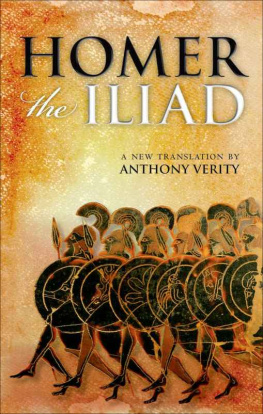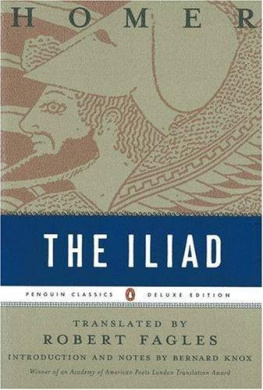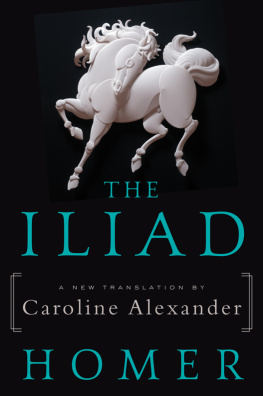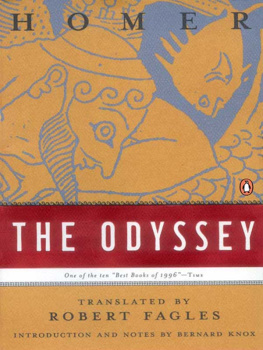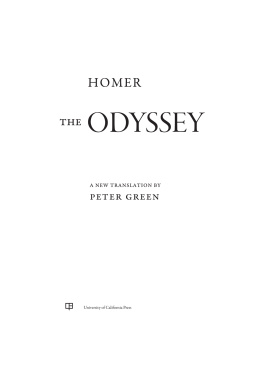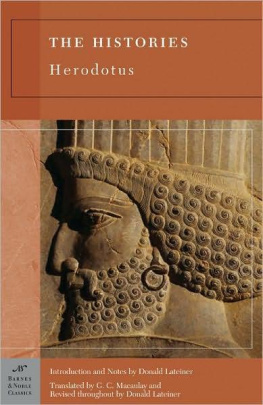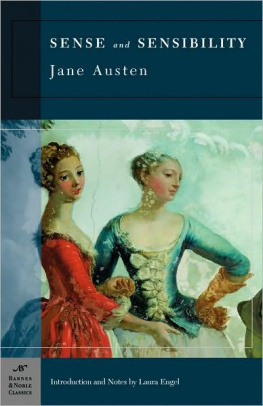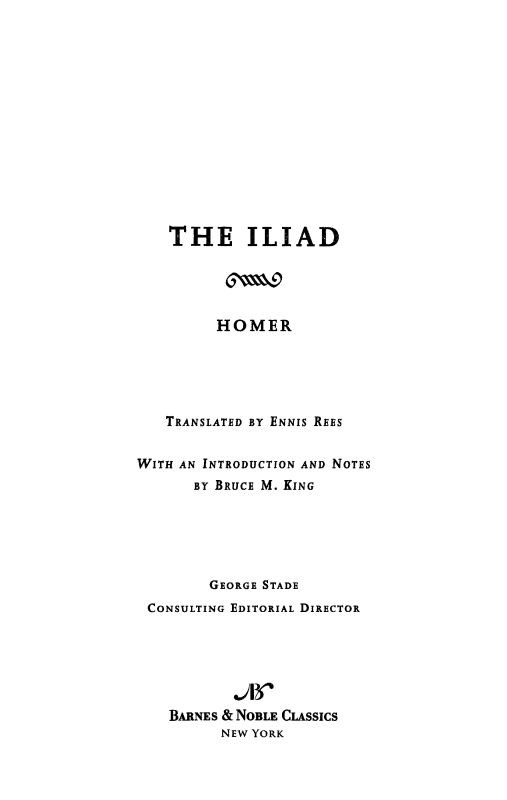
Table of Contents
FROM THE PAGES OF THE ILIAD
Sing, O Goddess, the ruinous wrath of Achilles,
Son of Peleus, the terrible curse that brought
Unnumbered woes upon the Achaeans and hurled
To Hades so many heroic souls, leaving
Their bodies the prey of dogs and carrion birds.
(page 1 )
Then Hector spoke between the two armies: From me, O Trojans and well-greaved Achaeans, hear the proposal Of Paris, who began this miserable war. He says For all other Trojans and men of Achaea to lay Their excellent arms on the bountiful earth, and that he, Out here in the middle, will fight with fierce Menelaus For Helen and all her treasures.
(page 45)
Think!
O son of Tydeus, thinkand shrink! Dont try
To equal the gods in spirit and valor, for the race
Of immortal gods is by no means the same as that
Of earth-treading men!
(page 83)
Oh god-nourished Prince,
Our eyes can see nothing but total destruction, and we
Are afraid.
(page 146)
And Cronos son roused in their hearts an evil
Lust for the din and confusion of war, and down
From the upper air he sent dark dew-drops of blood,
For he was about to hurl down to Hades many
Heroic heads.
(page 177)
On, you horse-taming Trojans, smash the wall
Of the Argives and hurl on the ships your god-blazing fire!
(page 210)
The spear went in beneath Ilioneus brow At the base of his eye, forced the eyeball out, passed on Through the socket and out at the nape of his neck, and Ilioneus Sank to the ground, stretching out both of his hands.
(page 249)
What fills my heart
And soul with so much bitter resentment is simply
That one whose equal I am should want to rob me
And take my prize of prestige for no better reason
Than this, that he has more power.
(page 273)
Then soon let me die! since I was not there to help My friend when he died. (page 320)
O Father Zeus, how total is that cruel blindness
You cast upon men!
(page 342)
Hector, I beg you, dear child,
Dont stand there alone and wait for the charge of that man,
Or death at his hands may soon be yours, since he
Is far stronger than youand a savage!
(page 379)
Show me my bed, now, Achilles,
O nobleman nurtured of Zeus, that we may enjoy
A night of sweet sleep. For never once have my lids
Come together in sleep since my son lost his life at your hands.
(page 435)
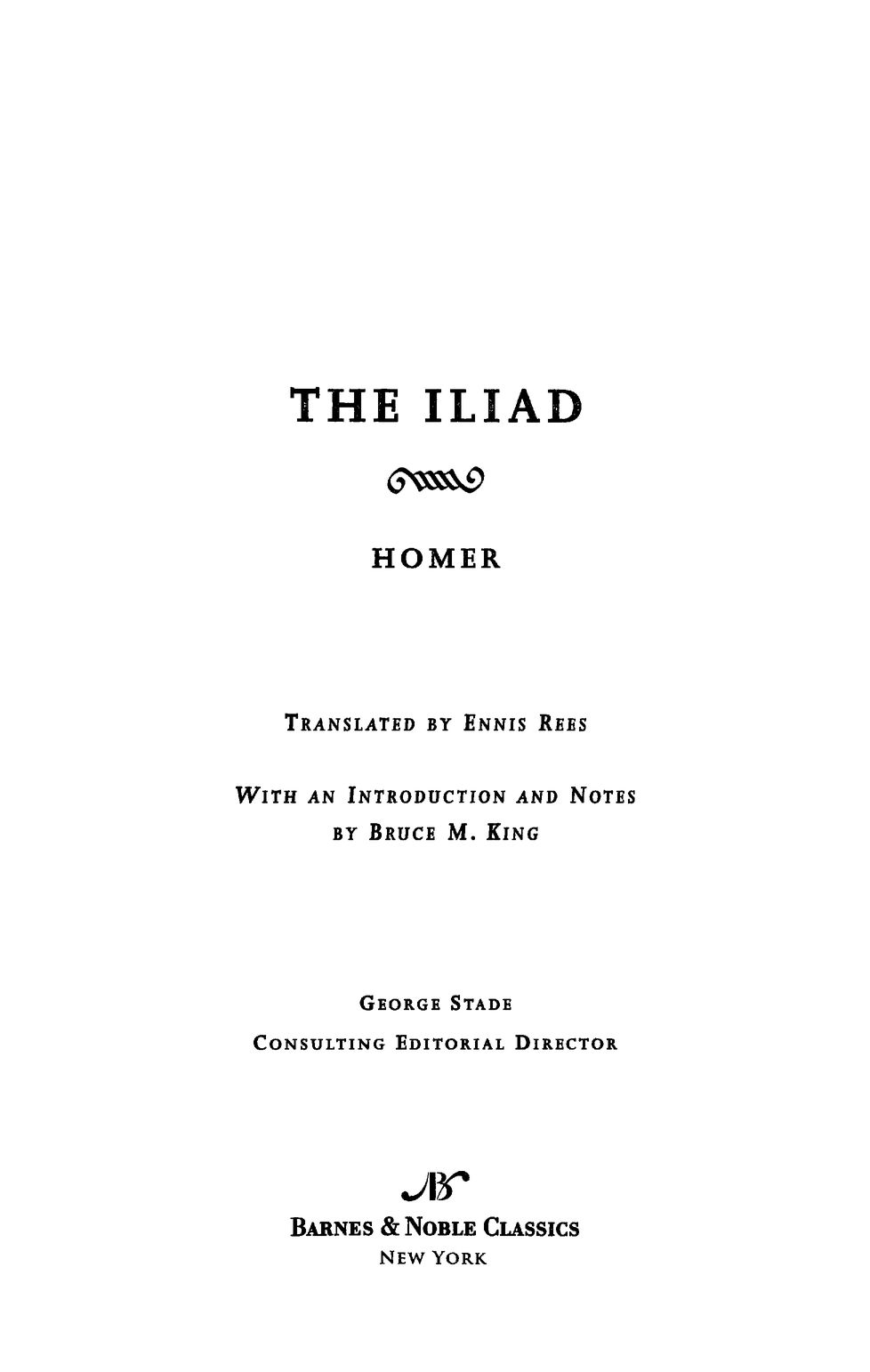
HOMER
Scholarly study of the Iliad and the Odyssey has been shaped by recurring versions of the Homeric Question: Who composed the two epics, and how? Were the two epics composed by a single poet whose comprehensive vision organized the whole, or are they the product of generations of poets working within an oral tradition? Does Homer denote an individual, or rather a tradition of bards and a form of poetry that attained prominence throughout Greece? Though the debate has been vituperative and long-lived (its modern formulation dates from F. R. Wolf s Prolegomena to Homer of 1795), it has flourished especially in the absence of historical evidence that definitively locates Homer or his poems within a specific time or place. Though there is a profuse and fascinating body of ancient lore about Homer and his career, the accounts are multiple and competitive; few cities could resist claiming Homer as their own. Within this vacuum of historical certainty and profusion of lore, scholars and readers have often found a Homer who snugly conforms to their interpretation of the poems themselves.
Within contemporary Homeric studies, the researches of Milman Parry and Albert B. Lord have transformed our understanding of the composition of the Iliad and the Odyssey. Parry confirmed and furthered his initial, text-based studies of Homeric composition (of the late 1920s) by his field research (19331935) among the performing oral poets of Yugoslavia. Parrys immersion in the performance culture of practicing bards permitted him to develop a comparative account of Homeric composition-in-performance; recording and analyzing the performances of actual bards allowed him to see how these working singers used the given components of their traditionrepeated epithets, type-scenes, narrative patternsto improvise a new poem, uniquely fitted to the immediate conditions of its performance and the demands of its particular audience. Parrys work was continued and extended by his student Albert Lord, whose researches in a great variety of performing song cultures broadened and deepened the comparative context within which the Homeric poems might be studied and appreciated. The research of Parry and Lord has offered a model for the composition of the Iliad and the Odyssey that can account for the entirety of each poem in its present form (there is no need to differentiate between early and late strata, between interpolation and originalall are equally part of the performance tradition). But their work also decisively challenges the idea that there was a single poet to whose genius each poem (or both poems) can be attributed; in place of a poet of genius, it is an ingenious tradition that emerges.
If we set aside the quest for the one true Homer, we might speak instead of historical stages in the transmission of the Iliad and the Odyssey, in which the poems moved from a relatively fluid state to an increasingly fixed, textualized form. In this model (brilliantly and controversially developed by Gregory Nagy), the first stage spanned from the early second millennium to the middle of the eighth century B.C.E.a period of oral transmission and composition-in-performance wholly without written texts. A final stage of Homeric transmission can be dated to about 150 B.C.E., when the scholar Aristarchus of Samothrace, the head of the great library of Alexandria, completed his edition of the Homeric poems, at which point something like a fixed library edition of Homer appeared; such an edition no longer presupposes performance. In the 700 years between these two poles, the poems moved from a state of relative fluidity to one of increasing fixity; so, too, the role of the singer moved from one who composed in performance to one who re-performed a poem that was increasingly fixed and that finally, in a late stage, was simply learned by rote and available in written, if not yet authoritative, form.
THE WORLD OF THE ILIAD
| 1575- 1200 B.C.E. | The Mycenaean period takes its name from Mycenae, a city on mainland Greece that was excavated by Heinrich Schliemann in 1876 (other great palace-centers have been excavated in Thebes, Tiryns, and Pylos). While the Iliad preserves some fossilized memories of Mycenaean culture, the poem is not a reliable historical account of the Mycenaean realm; four and a half centuries separate the formation of our Iliad and the legendary past that is the poems setting. |
| 1200- 1100 | The Mycenaean palace kingdoms decline and collapse for reasons that remain elusive to contemporary historians; according to recent research, the kingdoms may have fallen from strains within Mycenaean society itself, rather than from invaders. The Fall of Troy is traditionally dated to 1184. |
| 1100776 | This period, between the Mycenaean collapse and the first Olympic Games, is traditionally regarded as the Dark Age of Greece. Though some areasnotably Lefkandi on the island of Euboearecover and prosper, most Mycenaean centers are abandoned or greatly diminished in population; trade routes are destroyed, and material culture reverts to a pre-Mycenaean level. Linear B, the Mycenaean script, is lost; the heroic poetry that will become our |


